detail profile henri san juan

Info Pribadi
Peran Yang Di Mainkan Henri San Juan
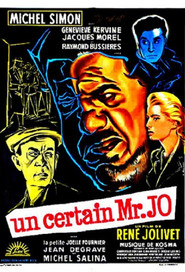 Jo Guardini now the peaceful owner...
Jo Guardini now the peaceful owner...A Certain Mr. Jo 1958
Jo Guardini, now the peaceful owner of a charming inn by the banks of the River Marne, once was a dreaded gangster. The respectful citizen does not want to have anything to do with the underworld any more. Unfortunately, two of his former accomplices kidnap a little girl and decide to hide her in his hotel. What will Jo do : side with the law in the person of inspector Loriot or have a relapse in crime?
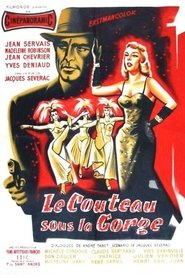 Pacos Le Maltais leader of a...
Pacos Le Maltais leader of a...The Knife to the Throat 1955
Pacos Le Maltais, leader of a gang, lays down the law on the quay of Marseille. He fires one of his henchmen, Le Chinois, who killed a woman during the last bank stickup.
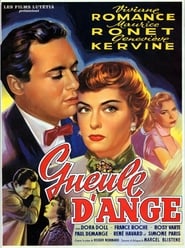 He was nicknamed Gueule dange Angels...
He was nicknamed Gueule dange Angels...Pleasures and Vices 1955
He was nicknamed Gueule d'ange (Angel's Face) because of his good looks, which enabled him to make a certain amount of money from wealthy ladies. Having given up on touching little Marie, he fell into the clutches of fashionable decorator Loina. Both love money, both go for it. Their characters bind them together. So much so that when Loina falls on hard times, Gueule d'ange would fly to help her. A loyal friend stops him. Loina leaves. Distraught, the handsome boy looks inward. It's time for him to settle down.
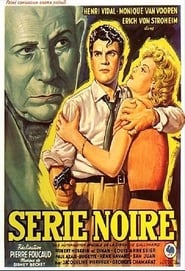 Lo Fardier is a police inspector...
Lo Fardier is a police inspector...Série noire 1955
Léo Fardier is a police inspector who goes to prison undercover as a convict. He shares a cell with Mariani, a Corsican mafioso, whose trust he earns. The day Léo leaves prison, the criminal entrusts him with a letter to deliver to his estranged wife. He finds her, and she falls under his spell. The problem is that he, too, has fallen in love with her.
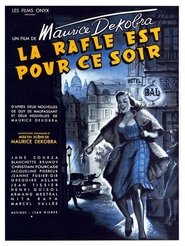 Three sketches that all start in...
Three sketches that all start in...The Roundup is for Tonight 1954
Three sketches that all start in the police station, where Léa, La Pintade and the brigadier himself tell their little stories. The story of Danielle, who bamboozled the impresario Mortimer so well that he made her his wife; the story of the sad little Simon, deprived of a father and unable to stand the mockery of his friends; and the story of the daughter of an ex-convict who - by golly - steals a statue on the day of her First Communion.
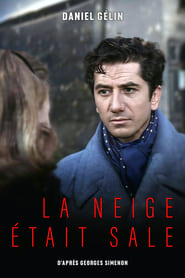 La neige tait sale is based...
La neige tait sale is based...Stain on the Snow 1954
La neige était sale is based on a novel and play by the phenomenally prolific Georges Simenon. Upon learning that his mother was a prostitute, Frank (Daniel Gelin) dejectedly vows that he, too, will live a life of debauchery. Part of his self-degradation program is to kill someone, and since the story takes place during the Nazi occupation of France, he chooses a German officer as his victim. His steady descent into psychosis and depravity becomes his ultimate undoing.
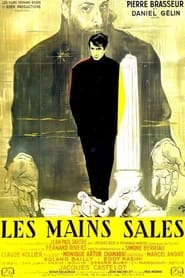 A young intellectual Hugo joins the...
A young intellectual Hugo joins the...Dirty Hands 1951
A young intellectual, Hugo, joins the Communist Party out of a sense of idealism, only to see his principles manipulated by party leaders. He is given the assignment of killing Professor Hoederer, a party deviationist. However, he grows to admire the man and begins to have doubts about morals and revolutionary politics. But jealousy - Hugo thinks Hoederer has made love to his wife, Jessica - takes matters out of the political realm.
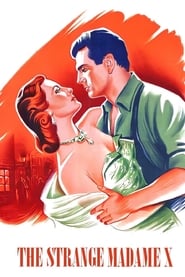 Irne is the unhappy wife of...
Irne is the unhappy wife of...The Strange Madame X 1951
Irène is the unhappy wife of a wealthy publisher, Jacques Voisin-Larive, who cares about her no more than a beautiful piece of furniture. Her meeting with Étienne, a young cabinetmaker with whom she falls in love, turns her dismal existence upside down. Not wanting to reveal her condition to her lover, she pretends to be a modest maid, employed by the Voisin-Larive. At the end of a weekend spent with her lover, Irène discovers that she is pregnant. The fragile balance of their existence is suddenly broken. Taking the initiative, she reveals her affair to Jacques and tells him about her desire to divorce. But her husband has no intention of giving her back her freedom...
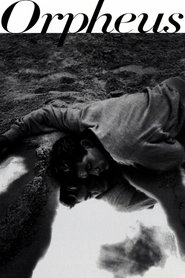 A famous poet in postwar Paris...
A famous poet in postwar Paris...Orpheus 1950
A famous poet in postwar Paris, scorned by the Left Bank youth, is in love with both his wife Eurydice and a mysterious princess. Seeking inspiration, the poet becomes obsessed and follows the princess from the world of the living to the land of the dead.
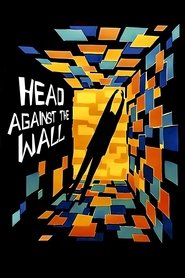 An aimless young man is committed...
An aimless young man is committed...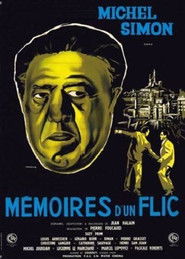 In Marseille crime squad captain Dominique...
In Marseille crime squad captain Dominique...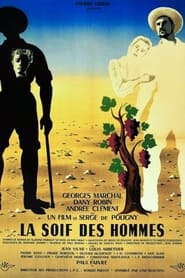 The establishment of a French family...
The establishment of a French family...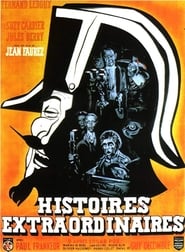 A group of policemen look over...
A group of policemen look over...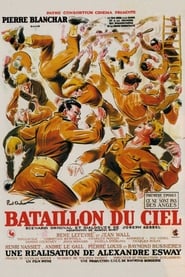 Film in two eras1st era...
Film in two eras1st era...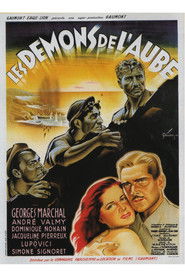 A lieutenant at the head of...
A lieutenant at the head of...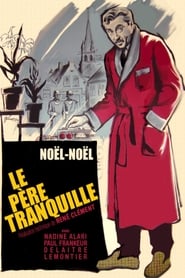 This character study of a French...
This character study of a French...